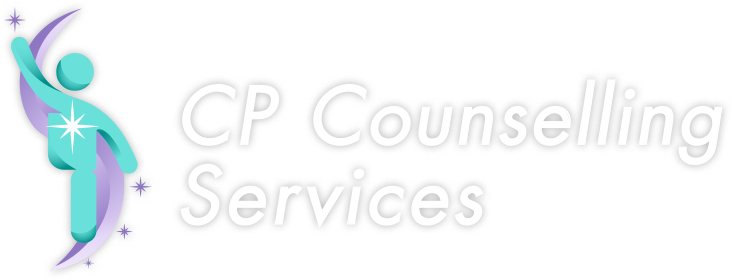Ann Marie here at CP Counselling Services and welcome to my Vlog.
Children who are raised in dysfunctional homes are also often subjected to the transmission of shame, guilt and a host of other negative affect when one or more of their caregivers are actually the ones behaving shamefully. Traditionally, more attention and study has been given to the results of children who have been physically abandoned, abused, or neglected.
What is often overlooked, minimized, or misunderstood is psychological maltreatment. This can be defined as a child’s exposure to recurrent and severe forms of emotional abuse and emotional neglect including insults, shaming, degradation, threats, shunning of affection, forced isolation, exploitation and the imposition of excessive and unrealistic demands. Psychological maltreatment has only recently been recognized as a major target for health disparities research and also being recognized as a very prevalent form of child abuse and neglect.
Children often take on the shame that belongs to the adult who left or hurt them physically or psychologically by assuming that it's because they themselves are the "bad" one. It’s the cruelest irony that survivors of abuse take on blame, guilt, and shame for what has happened to them.
The result: We have a lot of adults engulfed in this misguided shame, guilt, feelings of inadequacy and worthlessness which wreaks havoc on lives, health, and relationships.
If you yourself have lived with these types of adverse experiences how do you typically react to yourself? What does your harsh inner critic have to say?
Does this critic judge or criticize you on your appearance, your job, your relationships, your parenting, other choices you make and so on?
What happens when you notice that you’ve made an error or have some imperfection. Do you insult yourself or otherwise beat yourself up with thoughts and words?
If you are highly self-critical, how does this make you feel? Do you feel motivated and optimistic or does the critic make you feel unworthy, inadequate, and perhaps even worthless?
Can you imagine living a life in which you accept yourself just as you are? Accepting all of your strengths and all of your limitations? Accepting yourself for the perfectly imperfect human being that you are? That we all are.
Therapy can help you to loosen the grip that your inner critic has over you. Long-standing stories, narratives, and judgments you may have of your self need not be dominating your life.
Learning to respond with flexibility to self-judgment can lead you to self-compassion and to a realistic appraisal of your strengths/limitations and a commitment to self-awareness and growth to connect you to what’s truly important to you.
Clinging hard to old harsh narratives is not a workable solution to anyone who wants to live a better life. You can discover alternatives which are workable for you – actually helpful for you to live a more valued life.
The more we respond to ourselves with flexibility, the more we reduce our own suffering. Unhooking ourselves from toxicities, we can instead respond to our pain with nurture and kindness. We can learn to make room for our thoughts and feelings as they come and as they go – without getting swept away by them.
When that inner critic gets tough we can learn to stay grounded within present moment awareness and come to understand that yes, there is pain here but there is also a world around us and all that comes within that world. Our perspective will widen. We can connect with the value of kindness which is the cornerstone of self-compassion and learn to care for ourselves in way which decreases stress, decreases suffering, and increases our choices.
See you next time 😊

